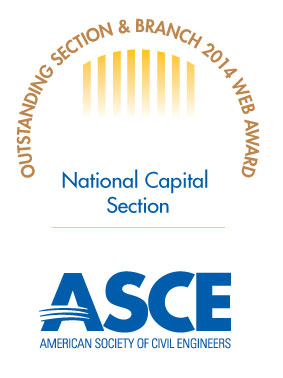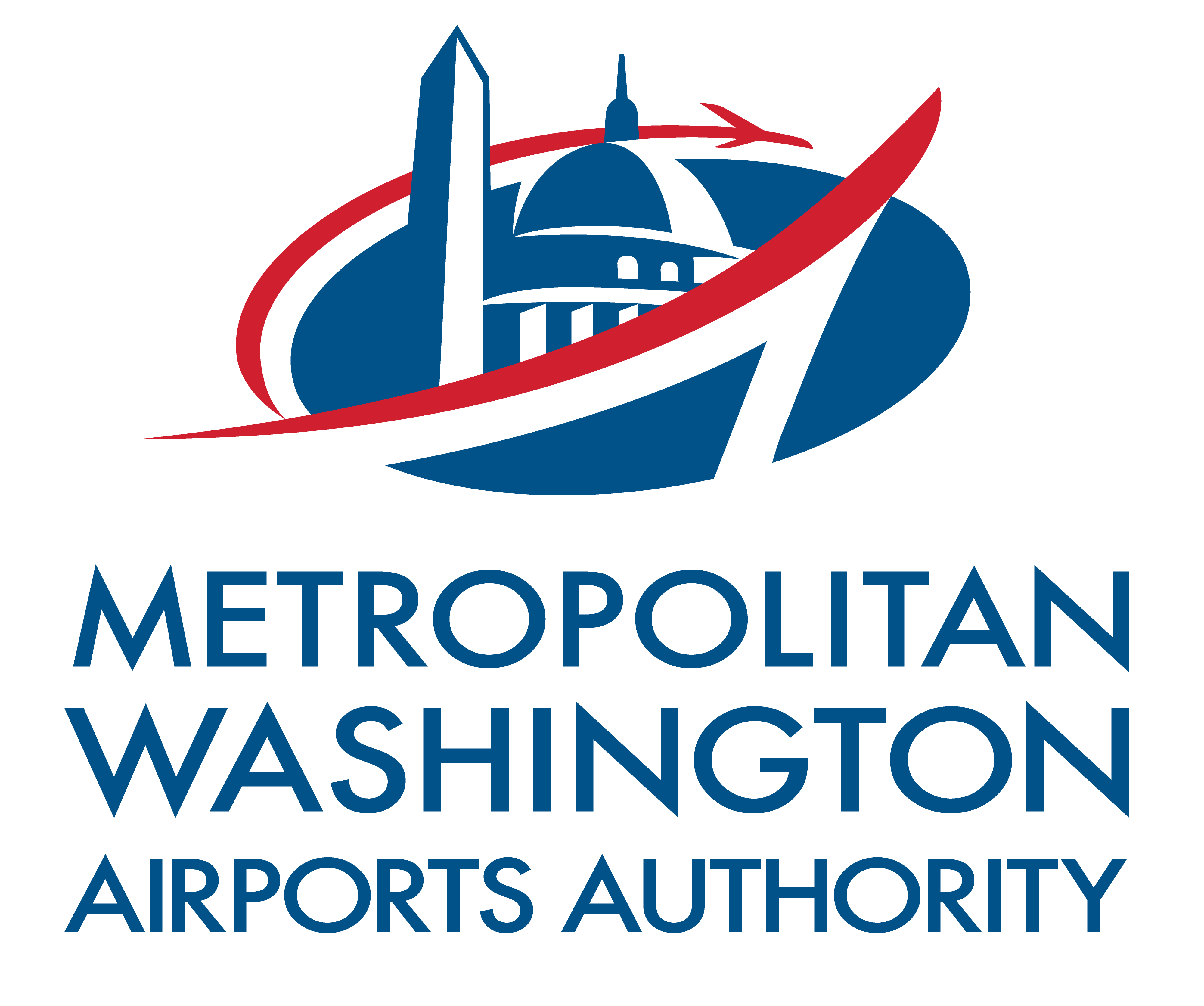Presented by Michel Bouchedid, MS, P.E., M.ASCE.
To register, click HERE. Register by Monday, November 16.

At 6:08 PM, on Tuesday 4 August 2020, a catastrophic explosion took place at the Port of Beirut caused by the detonation of about 2,750 metric tons (3031 US short tons) of ammonium nitrate (equivalent to around 1.1 kilotons of TNT) that had been stored in a warehouse at the Port for over 6 years.
The explosion, which is considered to be one of the most powerful non-nuclear explosions in history[1], was equivalent to about a tenth of the intensity of the Hiroshima nuclear bomb, and was detected by the United States Geological Survey as a seismic event of magnitude 3.3[2], despite inefficient transmission of the shock waves into the ground. The seismic waves were recorded by seismographs in Syria, Israel, Palestine, Turkey, and parts of Europe. The explosion was heard in Cyprus, more than 250 km (160 mi) away.
The explosion resulted in the obliteration of the Port of Beirut, which is situated in the heart of Beirut and is responsible for about 70% of the maritime trade in Lebanon, leaving a crater roughly 124 m (407 ft) in diameter and 43 m (141 ft) in depth. It also flattened nearby buildings, severely destroyed three major hospitals and many schools in Beirut, resulted in at least 230 deaths, 6,700 injuries, US$10–15 billion in property damage, and left an estimated 70,000 homes damaged and 300,000 people homeless.
In the wake of the explosion, and in response to the unprecedented magnitude of the devastation that affected homes and infrastructure, the Federation of Lebanese Engineers called upon volunteers to help with the assessment of the safety of the homes affected by the explosion. Members of the board of the ASCE Lebanon Section as well as many student chapters supported this volunteer effort in different ways.
The presentation will give a brief history of the ASCE Lebanon Section, elaborate on the explosion and its aftermath, and will briefly describe the efforts undertaken by volunteers from the ASCE Lebanon Section. Read more about their efforts here.
WHEN: Tuesday, November 17, 2020, 1:00 PM - 2:00 PM.
WHERE: Online webinar.
FEE: Registration (members, non-members, life members, students): $5.
One (1.0) Professional Development Hour (PDH) will be awarded for attendance.
ABOUT THE SPEAKER: Michel Bouchedid, MS, PE, M.ASCE, Operations Manager, Bouchedid Contracting and Development, President Elect, ASCE Lebanon Section, has over 20 years of experience in all phases of project delivery. He obtained his BS in Civil Engineering from Notre Dame University, Lebanon in 2001, MS in Civil Engineering from the University of Maine with emphasis on Geotechnical Engineering in 2004, and an MBA from the University of Washington in 2013.
During his 10-year career with CH2M HILL (currently Jacobs) in the USA, he worked on numerous projects including highways and bridges, ports, tunnels, airports, light rail, wastewater treatment plants, and water conveyance systems. He started his career as a geotechnical design engineer and his latest assignment before leaving CH2M HILL was Program Support Manager working directly with the Executive Program Manager for the delivery of the $30 Billion King Abdulaziz Project for Riyadh Public Transport, in Riyadh, Kingdom of Saudi Arabia.
During his career in the USA, Michel was heavily involved with the American Society of Civil Engineers (ASCE), serving in multiple officer positions in his local Section in Seattle including the President of the Geotechnical Group. Currently, Michel is serving as the president-elect of the ASCE Lebanon Section and the president of the NDU Engineering Alumni Group









